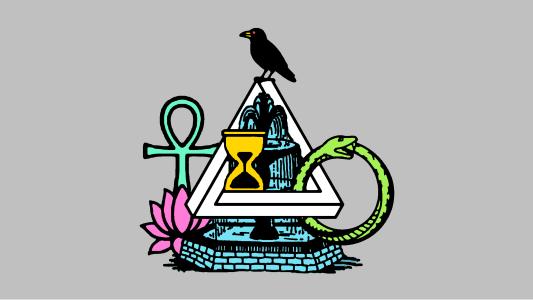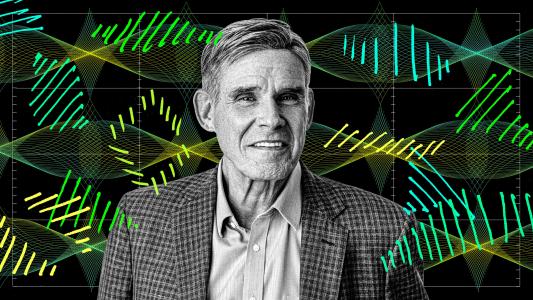Books
How Ford built “an efficiency engine” around the Model T
An excerpt from author and structural engineer Brian Potter's forthcoming book, "The Origins of Efficiency."
Groundhog Day and other eternal nightmares: Five philosophical takes on living forever
From eternal recurrence to techno-dualism, five philosophical visions of immortality — and why most paths to forever end badly.
Forget just living longer. Eric Topol wants to help Americans live better, too.
In "Super Agers," the writer and medical researcher maps a path to extending healthspan with AI, targeted drugs, and lifestyle changes.
World’s first nuclear electricity influencer envisions a “Rad Future”
An excerpt from "Rad Future: The Untold Story of Nuclear Electricity and How It Will Save the World" by Isabelle Boemeke.
In humanity’s dance with technology, people lead. Always.
As the history of tech demonstrates, we do not have to simply accept and adapt to AI. We can, collectively, choose what to do with it.
How the Internet Archive’s “Free Digital Library” fell to the “fair use” test
The U.S. Court of Appeals for the 2nd Circuit has found the Internet Archive to be in violation of federal law. Here's why.
How an H.G. Wells sci-fi novel predicted Oppenheimer and atomic bombs
The “atomic bombs” in H.G. Wells’ 1914 novel The World Set Free influenced a pioneer of real-world nuclear weapons: physicist Leó Szilárd.
Neuroscience shows that speed reading is bullshit
Speed reading programs claim to teach students how to read more quickly without reducing comprehension. Research shows that they don't work.
If you have a complex project, follow “Gall’s law” — or it will fail
Success can be based on the fundamental observation that working complex systems arise from working simple systems.
People destroyed printing presses out of fear. What will we do to AI?
Just like today with AI, people worried about the printing press' effect on job security and the spread of disinformation.









